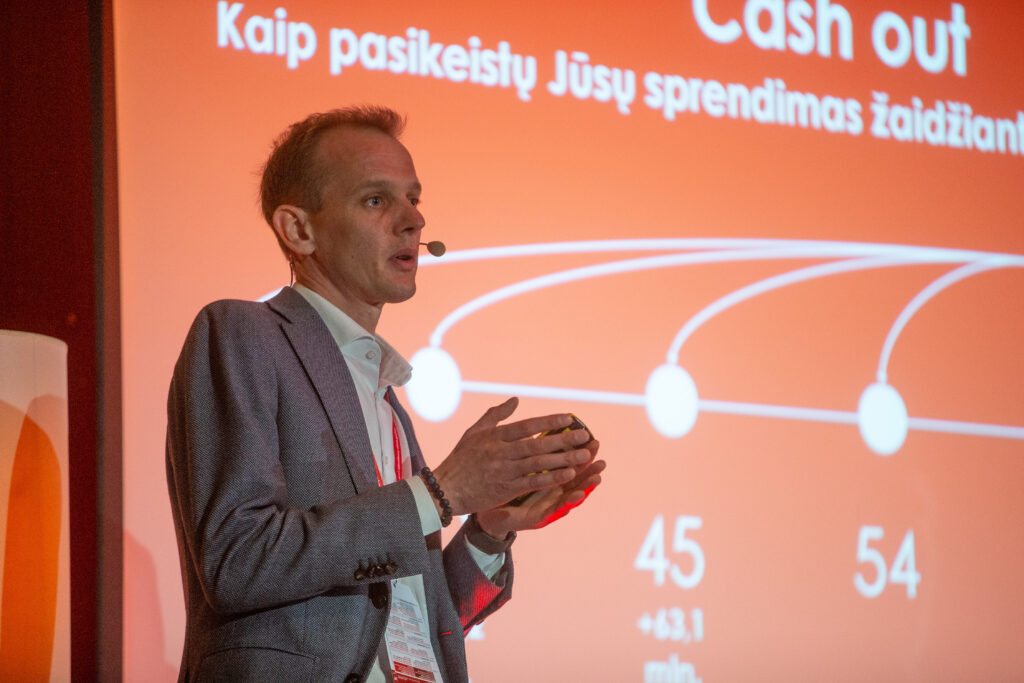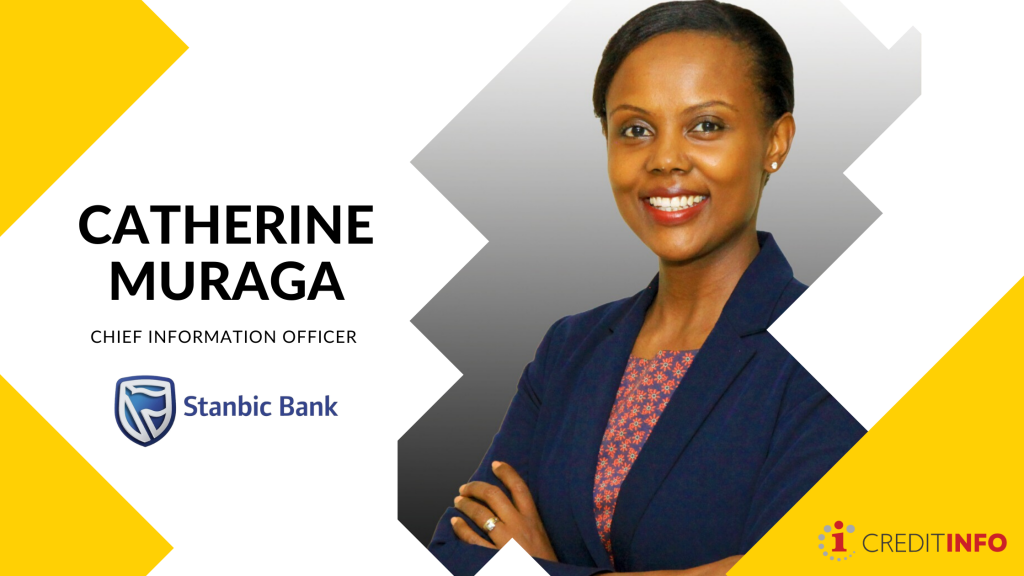Mala’a launches Credit Bureau System in Oman

Creditinfo and Mala’a’s strategic partnership started in January 2019 and since then, the teams have been developing a state of the art Credit Bureau System, connecting members, integrating with new data providers, and ensuring the system is protected to the highest security standards.
On November 18th 2020, Mala’a officially launched its state-of-the-art Credit Bureau System to the banking sector in Oman. This announcement affirms Creditinfo’s commitment in helping businesses globally make better use of information and data, along with providing the latest software solutions to enhance risk decisioning strategies. Creditinfo have over the years strengthened our partnerships with Credit Bureaus globally by delivering Creditinfo’s technology with core credit bureau systems, infrastructure expertise, operational set up, self-service platforms, alternative data, digital lending solutions among other tailored services.
Creditinfo will continue partnering with Mala’a into the next phase of our project. The teams will be ensuring we expand the membership to new sectors such as telecommunication and insurance and delivering new value-added services like Instant Decision Solutions, Mobile Lending Platforms and Portfolio Management tools. This will help lenders and organizations improve the application process and the customer experience for Oman residents.
Lenders across the GCC are changing the way in which they operate and make decisions on an individual’s creditworthiness moving to a digital based approach while harnessing traditional and non-traditional data. With Creditinfo Gulf based in Muscat now firmly installed in the region Creditinfo will remain at the forefront of facilitating access to finance in each of our markets and help lenders to reduce risk and increase profitability. We look forward to continuing assisting with cutting-edge technology in the region and helping Lenders and Telcos increase profitability without increasing the risk of new business.
Gary Brown, MD, Creditinfo Gulf.
Creditinfo West Africa Hits 20 Million Contracts

Creditinfo West Africa today marked a major milestone by hitting the 20 million contracts threshold and growing, in the regional Credit Information Bureau (BIC) making it a historic day for Creditinfo West Africa, the entire UEMOA region and Creditinfo Group.
Six Corporate Image Improvement Tips for CFOs

It is customary to assume that the reputation and image of a company is mostly a prerogative of the general manager and the marketing unit. Credit is also given to employees who are in direct contact with the customers, yet financial decision-makers mostly go unnoticed. In this article, I will share some ideas about the huge influence Chief Financial Officers may have on the good corporate image.
Players in Baltic Markets (Latvia, Estonia) and Iceland Measure Risk better, benefitting from Covid-19 Impact Score Developed by Creditinfo.

Credit providers need to understand how COVID crisis affected their counter-parties and customers in order to better manage risk exposure and reduce losses. Current scoring models are unable to fully answer these needs as they were developed on pre-crisis data and need time to adjust to new conditions.
What can Telcos learn from Digital Lenders?

On Tuesday 28th July, Safaricom (the largest mobile provider in Eastern and Central Africa), launched a new service offering consumers the opportunity to buy a 4G-enabled smartphone for as little as 600 KSH (6 USD) per month for nine months, with an initial deposit of 1,000 KSH (10 USD). This is a high-impact initiative for the country, where the average monthly disposable income is just 8,500 KSH (85 USD) according to a 2019 report from the Kenyan National Bureau of Statistics.
New initiatives and products of the Credit Bureau “Ishenim”

Together with partner IT company “Onoy” Ishenim has developed innovative mobile app that enables Lenders to collect customer’s digital consent to access his social fund data and credit report. Mobile app uses biometric verification technology (face recognition) to remotely verify person’s identity and create digital signature that is needed to submit consent. In case of successful verification solution calls Social fund to collect information about person’s income and then makes inquiry to Credit Bureau for credit report. All income data collected by mobile app is stored in Ishenim’s database together with other data. This data will be used by Lenders to verify customer’s self-reported income and also in credit scoring models.
The way leading to the ‘haven’ of Startups is grounded by Data Analysis

Lithuania‘s transformation to the startup-friendly country has been successful: last year the first “unicorn” appeared in the market, and the startup ecosystem at present includes over 900 enterprises which have the great potential for business development based on innovations. And yet, the general conception of the startups’ contribution to the country’s economy has remained stereotypical, as it is alleged that these are risky enterprises which rapidly emerge and dissolve, and that they create few workplaces. The latest analyses done by “Creditinfo” and “Startup Lithuania” reject these stereotypes.
Interview with Catherine Muraga, CIO – Stanbic Bank Kenya

We interviewed Catherine Muraga the Chief Information Officer (CIO) at Stanbic Bank Kenya – one of the largest banks in Africa. Catherine is well versed with the Information Technology (IT) landscape having worked in different industry sectors including Manufacturing, Airline and Banking industry. She provides strategic vision and operational IT leadership for the Information Technology Department and controlling all IT functions. We asked her a few questions around COVID-19 and how Stanbic Bank is working around this pandemic.
Creditinfo’s “CIP Score” Between evolution and improvement: a powerful tool for risk management in a more digital financial environment

The core business of commercial banks and other lenders, at the most basic level, is to sell money. To loan an amount with a negotiated re-payment schedule with interest, is a process that allows the economy to finance itself. But for this cycle to be sustainable in the long term, it must be carried out with both vigilance and responsibility. The “credit risk” of a client, their probability of reimbursement, and differentiating between “good” and “bad” clients are basic yet essential elements to loan in a profitable and durable manner.
Kredītinformācijas Birojs – KIB (Credit Information Bureau) unveils new scorecard for consumers

After intense work that lasted the past several months, Kredītinformācijas Birojs finally introduced a new statistical model that forecasts the borrower’s credit risk, last month. The new credit rating predicts the probability that a borrower will default on their credit obligations for more than 60 days in the next 12 months, with the amount of obligation being at least EUR 150.




